Optimal Water Treatment Timing
Water treatments are essential for maintaining water quality and ensuring the safety of water systems. The timing of treatments can influence their effectiveness and longevity. Proper scheduling depends on factors such as water usage patterns, seasonal changes, and system conditions.
Water treatments are often most effective when aligned with seasonal demand and temperature fluctuations, typically in spring and fall.
Regular inspections should be scheduled before peak usage periods to identify and address issues proactively.
Testing water quality periodically helps determine optimal treatment times and ensures compliance with safety standards.
Scheduling treatments during routine maintenance cycles minimizes disruptions and maximizes system efficiency.
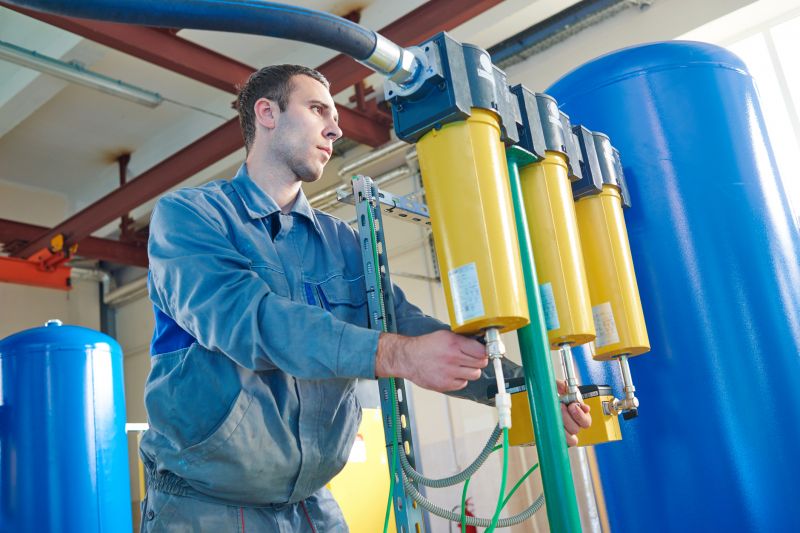
Industrial water treatment systems in operation.
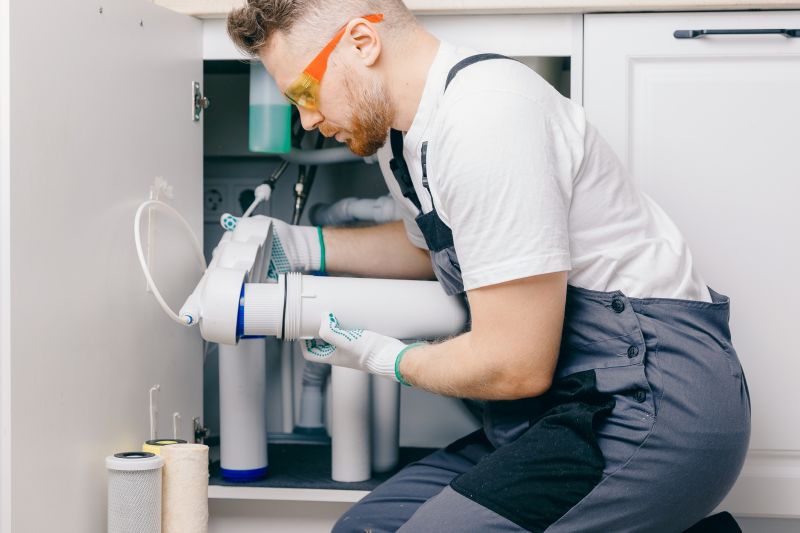
Application of water treatment chemicals in progress.
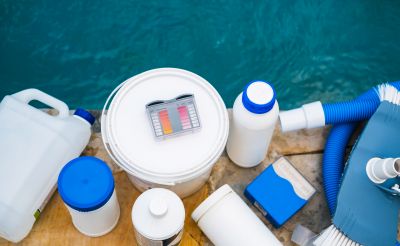
Samples being analyzed for quality and safety.

Adjusting treatments based on seasonal water usage.
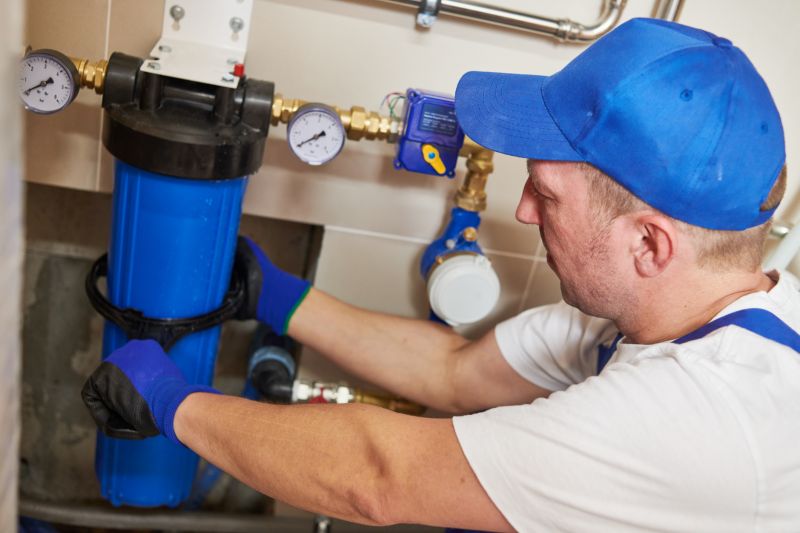
Technicians conducting system inspections.
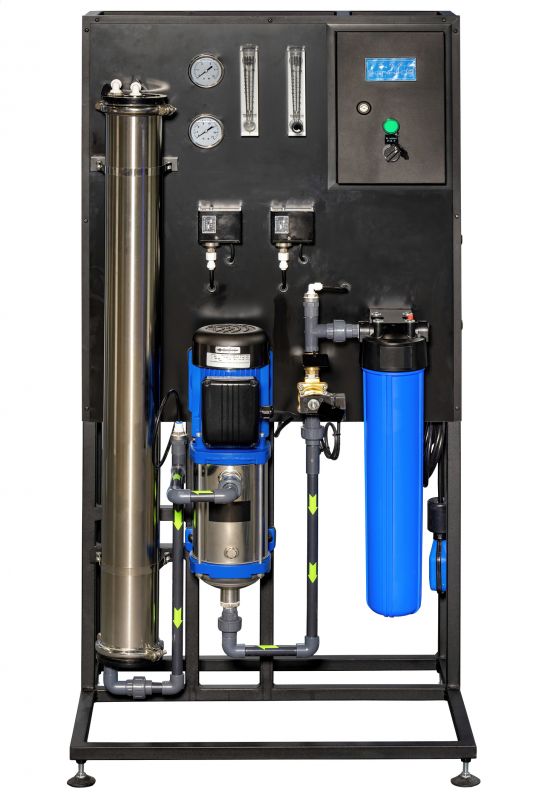
Pipes and pumps involved in water distribution.
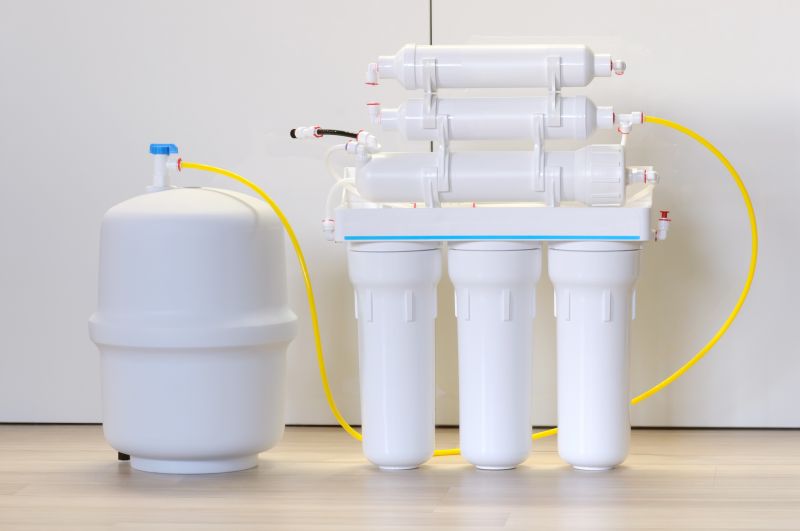
Filtration units used for water purification.
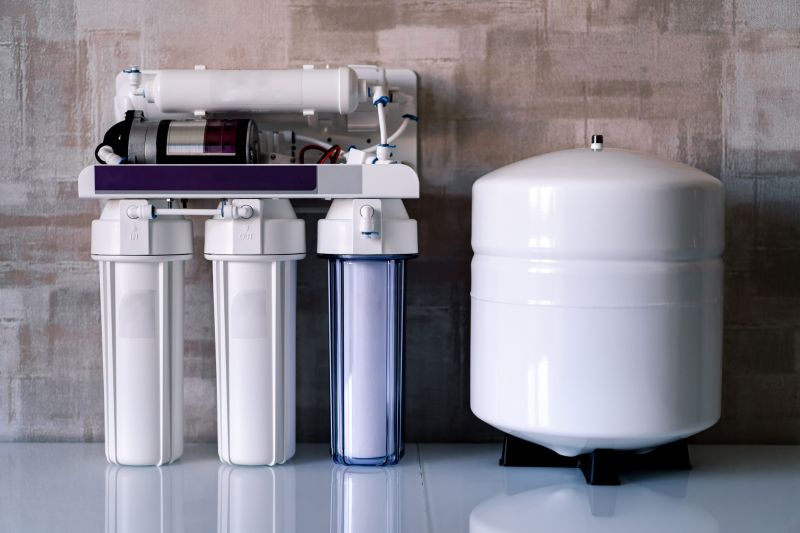
Storage tanks for water treatment chemicals.
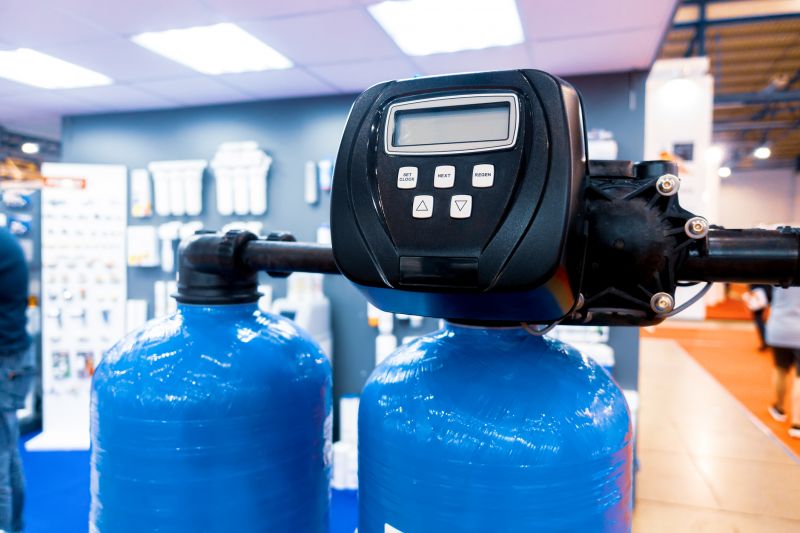
Real-time monitoring of water parameters.
| Optimal Treatment Timing | Key Considerations |
|---|---|
| Spring | Prepares water systems for increased usage after winter. |
| Fall | Prepares systems for winter and reduces microbial growth. |
| Before Peak Usage | Ensures water quality during high demand periods. |
| Post-Repair | Restores system integrity after maintenance or repairs. |
| Seasonal Changes | Adjusts for temperature and water source variations. |
| Water Testing Results | Guides timing based on quality indicators. |
| System Inspection Schedule | Aligns with treatment cycles for efficiency. |
| Environmental Conditions | Considers weather and climate impacts. |
Water treatments involve the application of chemicals, filtration, and other processes designed to remove contaminants and improve water quality. Proper timing ensures these processes are most effective, reducing the risk of waterborne issues and maintaining system integrity. Statistics indicate that regular water treatment can reduce microbial contamination by up to 99 percent and extend the lifespan of water infrastructure.
Effective water treatment scheduling depends on comprehensive water quality assessments, understanding seasonal patterns, and adhering to maintenance routines. These practices help prevent issues such as corrosion, scaling, and microbial growth, ultimately ensuring safe and reliable water supply systems.
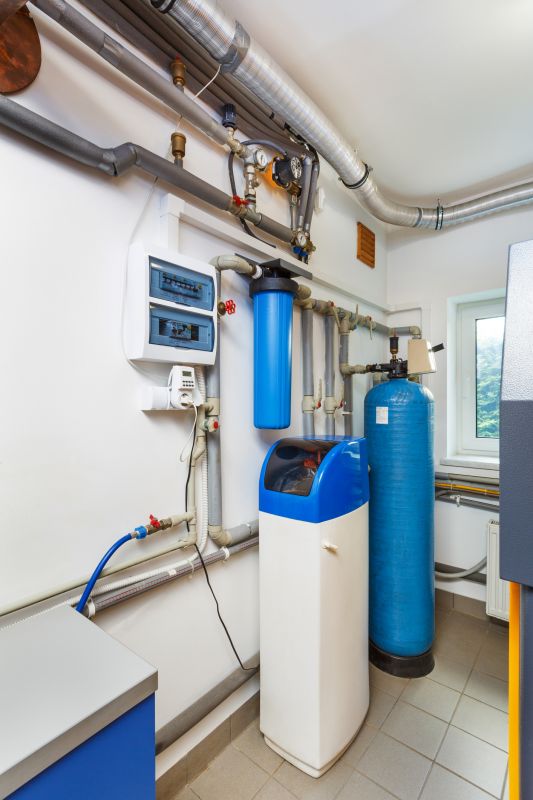
Large-scale water treatment facility in operation.
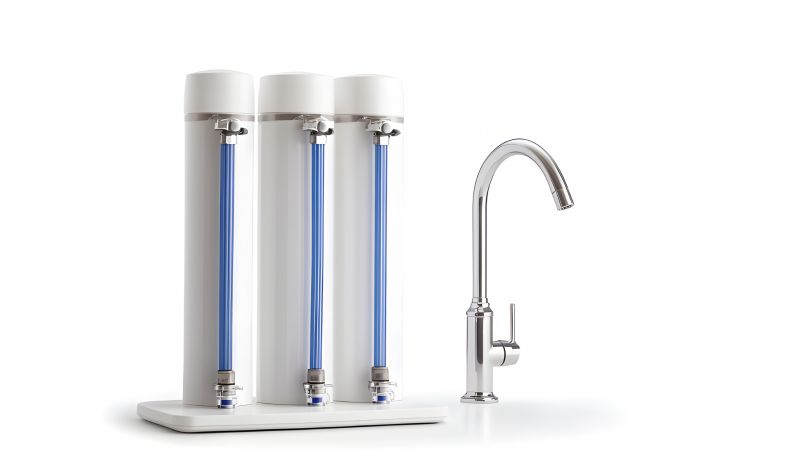
Precise chemical application for water purification.
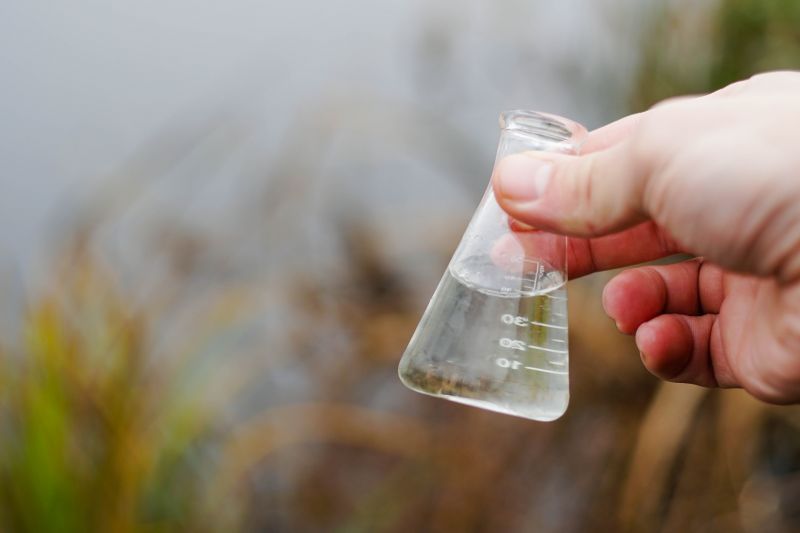
Tools used for analyzing water samples.
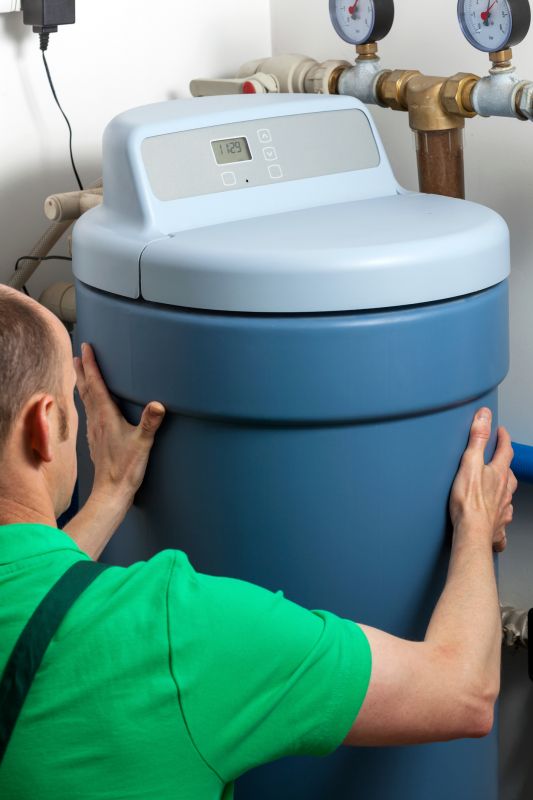
Technicians performing system upkeep.
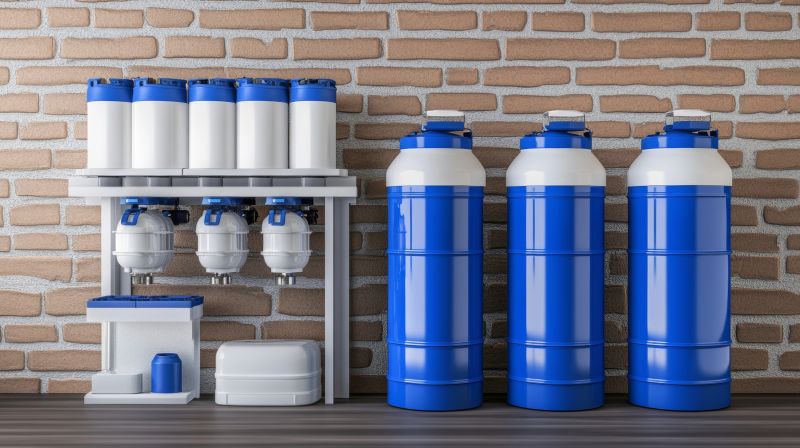
Ways to make Water Treatments work in tight or awkward layouts.
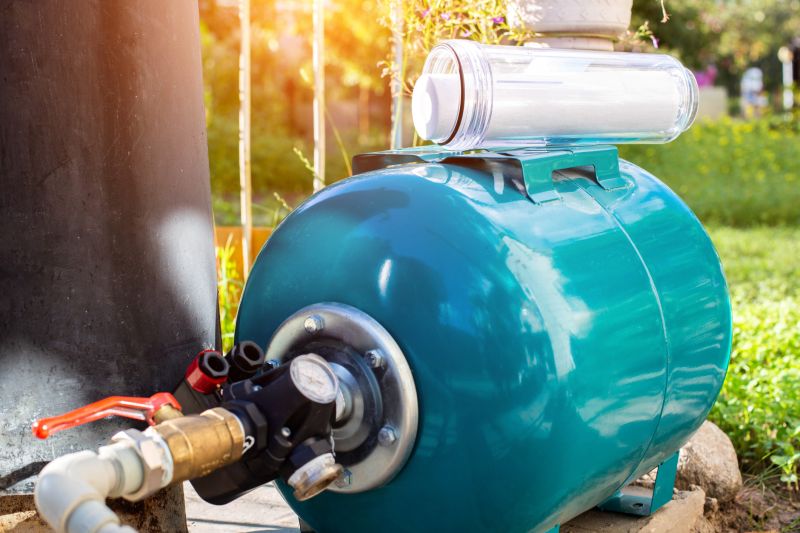
Popular materials for Water Treatments and why they hold up over time.
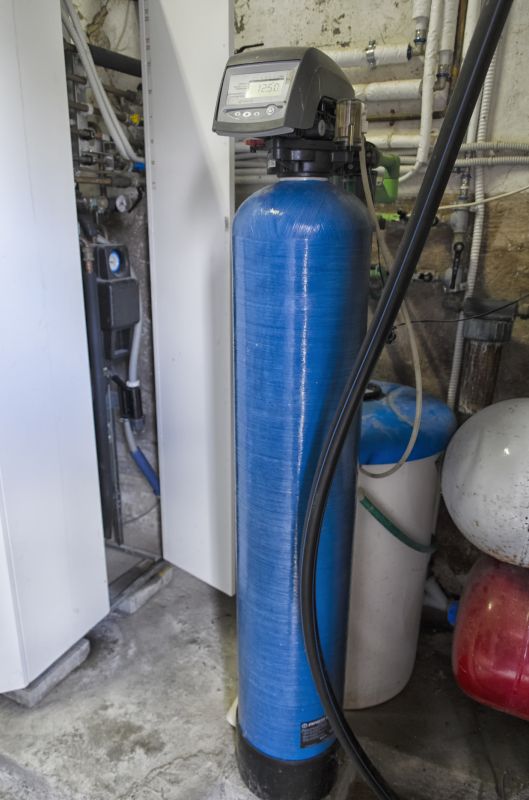
Simple add-ons that improve Water Treatments without blowing the budget.

High-end options that actually feel worth it for Water Treatments.
Interested parties are encouraged to contact for more information about scheduling water treatments. Proper timing and regular assessments are key to maintaining optimal water quality and system performance.

